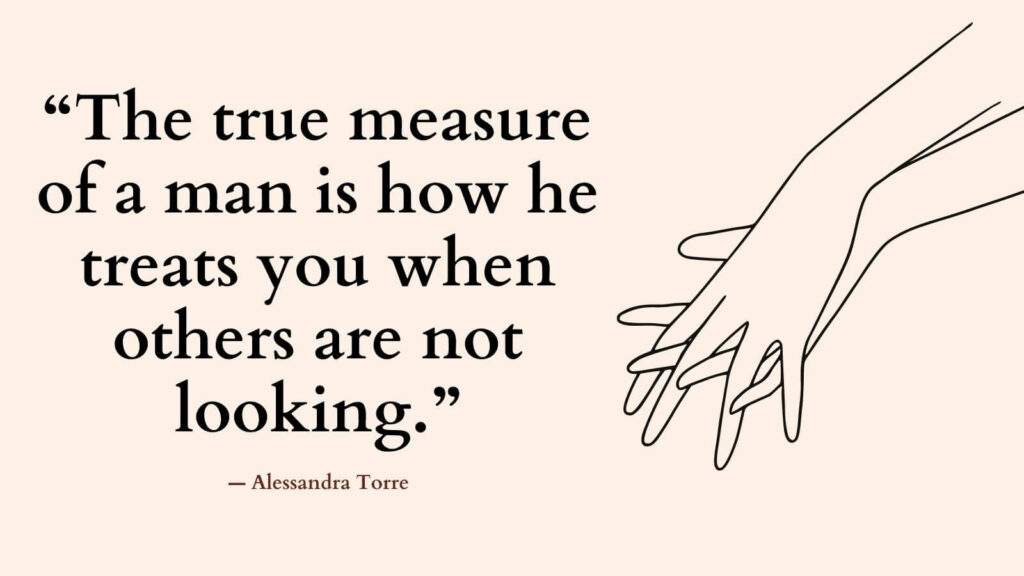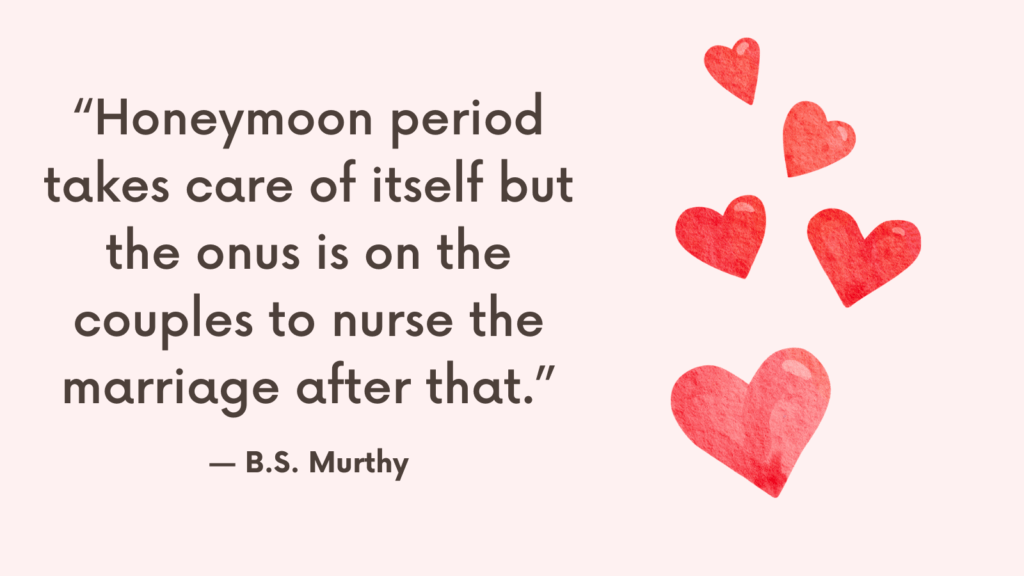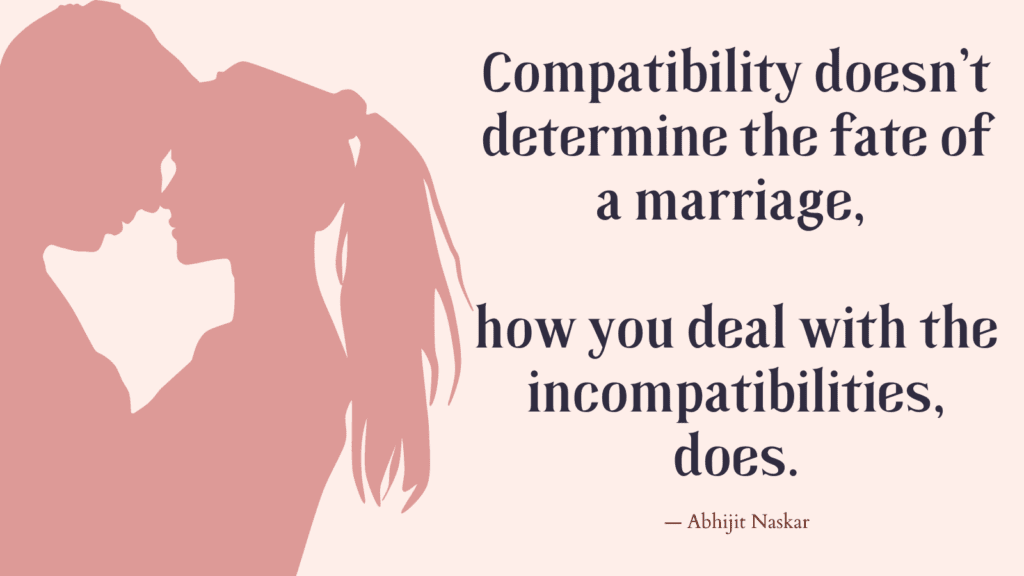Today, you’re going to learn all about yellow flags in a relationship.
What Are Yellow Flags In Relationships?
Most of us have heard of red flags – those warning signs that signal a relationship is unhealthy or toxic.
However, red flags are like a red light: if you pass it without seeing it, you might be in danger.
This is where yellow flags come.
Yellow flags in a relationship are early, subtle warning signs that could spare you the pain of facing a red flag, such as putting you down or making fun of you.
These yellow flags represent attempts to control or manipulate the other person.
What Yellow Flags In Relationships Look Like
The following are some common early warning signs in a relationship.
Most of these yellow flags eventually become red flags.
1. Things Moving Too Fast
Acts (e.g., prematurely giving you a nickname or calling you their girlfriend/boyfriend) of gifts that are disproportionate to the stage of the relationship can be a warning sign that things are moving too quickly.
While such acts of gifts can be flattering, they might be a sign of trying to claim control.
2. Pushing Your Boundaries
Boundaries in a relationship are guidelines that communicate what treatment we’re willing or unwilling to tolerate.
When someone is pushing your boundaries, (e.g., pressuring you into doing things you are not comfortable with) this is a warning sign.
Related: Healthy Boundaries Quiz (+Free Pdf Worksheets)
3. Anger Management Issues
If the person becomes angry too quickly or unreasonably and struggles to contain their anger, this might be a warning sign that the person has anger management issues.
4. Disrespecting You Verbally
Disrespect can be subtle and covert.
They might be continuously harsh towards you, criticizing you.
Disrespect can also manifest as not respecting your views, invalidating your feelings, or not appreciating what you do.
Related: Covert Verbal Abuse: What Is It & How To Recover From Verbal Abuse
5. Possessiveness
Possessiveness includes excessive jealousy or feeling entitled to your time and attention and getting angry when not giving them what they want.
6. Unpredictability
Their moods and reactions may be volatile to the point where you can’t predict how they’re going to respond to anything.
If you start feeling like you’re walking on eggshells, then that’s a red flag.
7. Not Taking Accountability
They may get defensive quickly when confronted, play the victim, or even shift the blame on you.
Related: Relationship Red Flags Quiz
Toxic Partner Worksheets
How To Deal With Yellow Flags In Relationships?
Here are some ways to deal with them:
1. Communicate openly: If you notice a yellow flag, talk with your partner about it. Share your concerns and listen to their perspective.
2. Set boundaries: If the yellow flag behavior is something that makes you uncomfortable, set clear boundaries to avoid any misunderstandings.
3. Take time: Take your time when making major decisions in your relationship, such as moving in together or getting engaged. Use these opportunities to assess any yellow flags and decide how to address them.
4. Trust your instincts: If something doesn’t feel right, trust your gut instinct. Don’t dismiss your concerns or feelings.
5. Seek support: Consider seeking advice from a trusted friend or family member, or even a therapist if you need help navigating the yellow flags in your relationship.
Remember that everyone has flaws and relationship challenges. It’s up to you to determine whether you can work through the yellow flags or if they are deal-breakers.
Conclusion
We often find ourselves in toxic and even abusive relationships because we tend to ignore early, subtle warning signs.
Yellow flags in relationships are behaviors or actions that may not be deal-breakers, but could be potential warning signs for future problems.
Learning about these yellow flags isn’t enough.
Sometimes we really want the relationship to work or we’re really into this person we choose to believe that they’ll change or that we’ll find ways to make things work.
It’s important to be aware of yellow flags in a relationship, but also be aware of any excuses that may get you stuck in denial.




